Henry Tayali was born in Serenje, Zambia in 1943. Tayali’s talent was evident so early that he had his first exhibition at the age of 15, in Bulawayo , Zimbabwe where he lived at the time. Henry Tayali had already developed a social and political conscience which came to inspire all his work. His work reflected African nationalism, and deep concern for Africa’s urban masses uncomfortably uprooted from their traditions.
Henry Tayali was the foremost Zambian artist recognized in the international art scene. Henry Tayali developed artistically from his first major, untutored and representional work, Destiny, to his unexplained Red Abstract via a BA in Fine Arts from Uganda’s Makerere University and an MA in Fine Arts from Dusseldorf Art College, West Germany. Tayali was tireless in his efforts to get a school of Fine Arts established in Zambia. As a University Artist at the University of Zambia, he was endlessly involved in art workshops, seminars, projects and every committee in involved in artistic development.
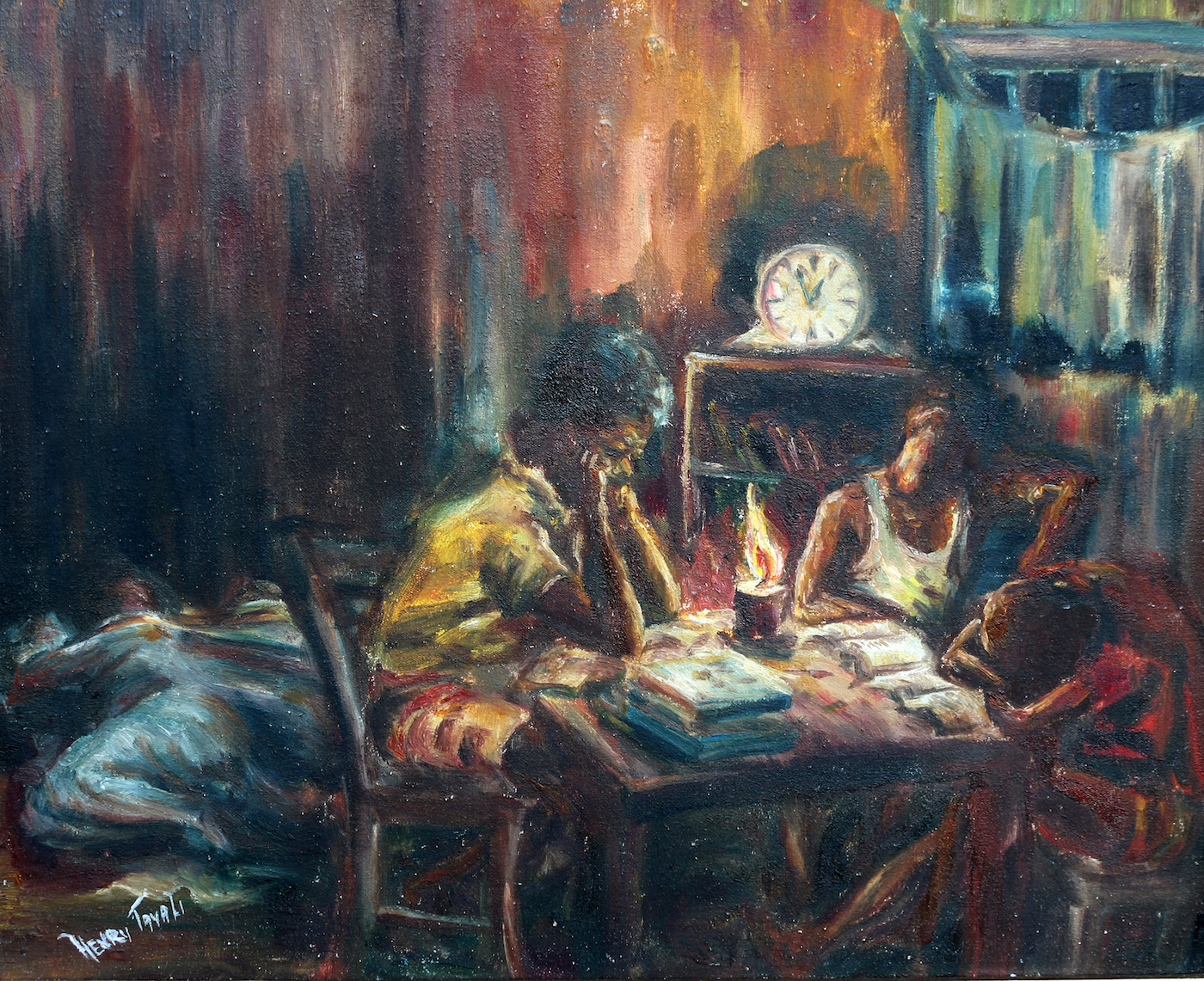
Henry Tayali – The Brothers (1966) oil on board © Lechwe Trust Collection (Zambia) 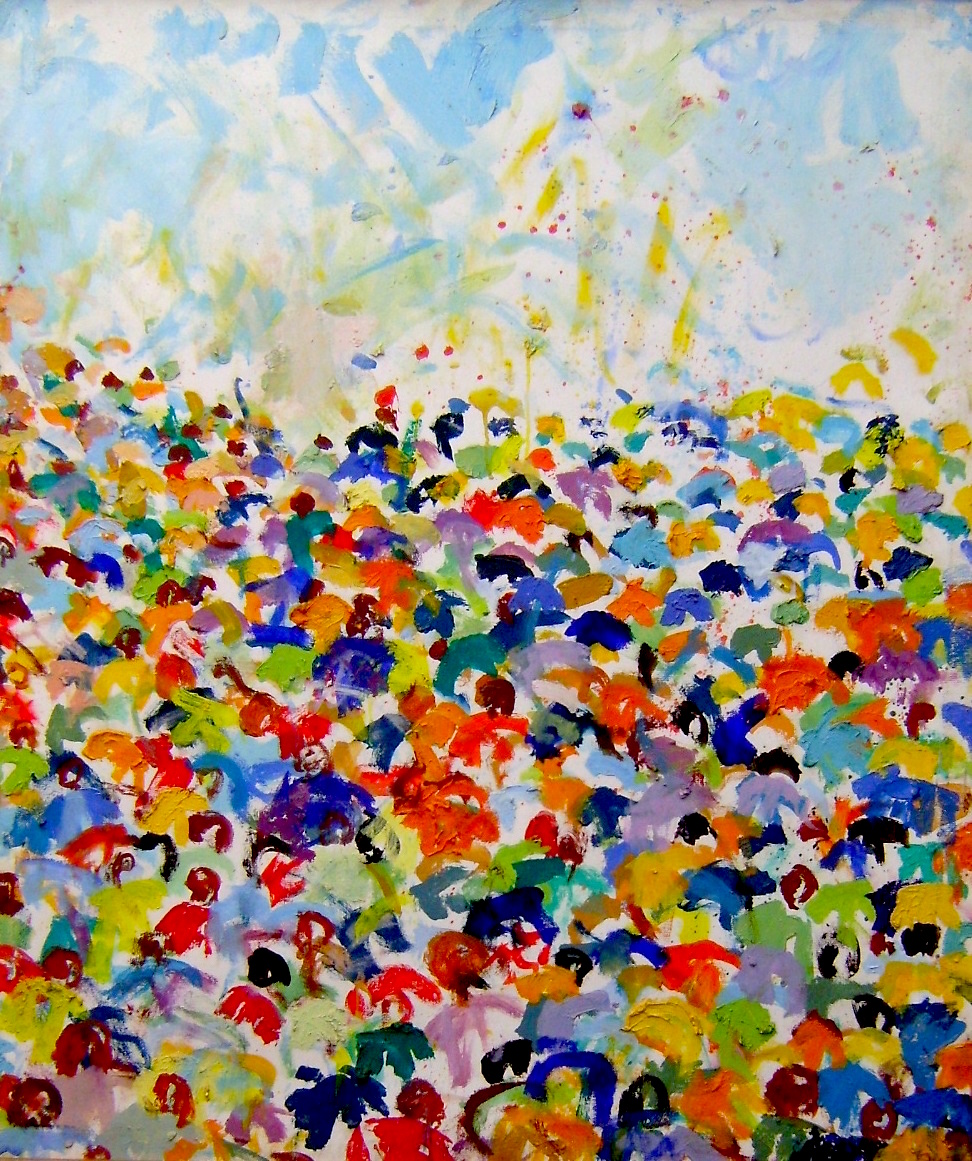
Henry Tayali – People in the Summer (1975-80) Donated by the Zukas family
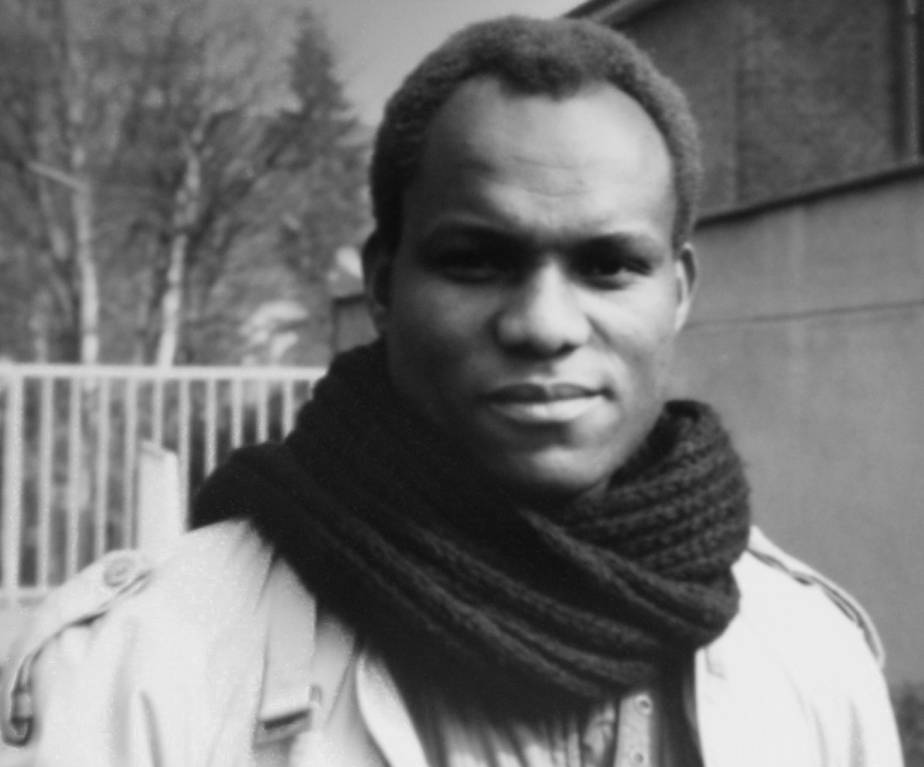
“Each painting I do is a stage forward to my next work. But the main thing to remember is that the whole of my life is just doing one big painting, the only difference being that the style in which I execute it varies from painting to painting. Since I was a child I have lived in art and art is my life, and in this field, all I know is determination and simple hard work.”
– Henry Tayali
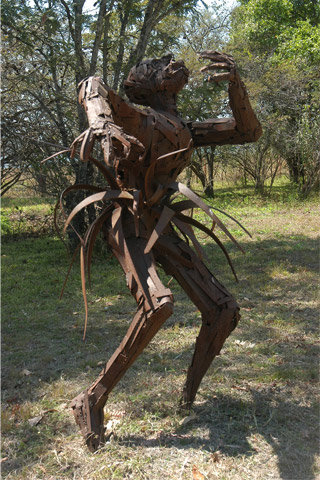
Henry Tayali – Herd boy (scrap metal, 1981.) © Chaminuka Lodge, Zambia 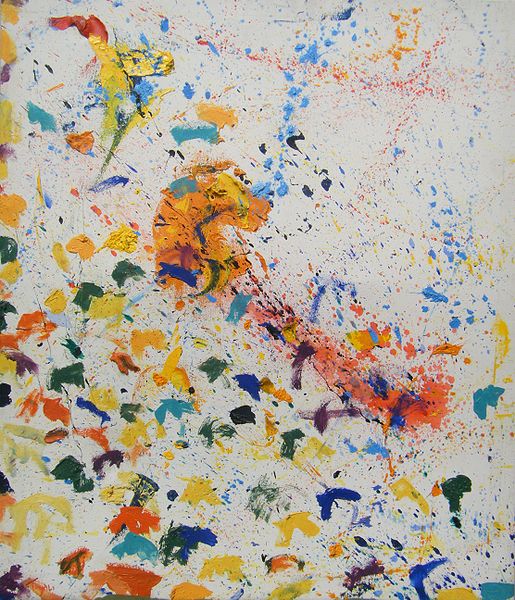
Henry Tayali – Untitled Abstract Painting ( circa. 1980s ) ©Wikicommons
He was one of the first Africans to work tirelessly to raise the profile of indigenous African art and crafts in Zambia, Africa, and the world through workshops, conferences, discussions, exhibitions, newspaper articles, magazines and television appearances.
Hei played a very pivotal and influential role in cultural and artistic development in Zambia and Africa. He was president of the International Association of Artists in Zambia (which fell under UNESCO), and represented Zambia at various international symposia and conferences. He also headed the Art Center Foundation, the National Craft Council of Zambia, and the National Museums Board.
In reflection of his work and legacy, it has been suggested that his work Destiny is a historical piece of art, and not just an eye-catcher.
In 1989, over seventy artists from around Zambia convened at Evelyn Hone College of Applied Arts and Sciences, and formed the Zambia National Visual Arts Council (VAC) in his honour – as the national organisation for visual artists to be run by artists in Zambia. They named its headquarters at the Lusaka Showgrounds “The Henry Tayali Visual Art Center”. The Visual Arts Council started its operations in 1991, but the Visual Arts Centre was officially opened later in 1995. It hosts art competitions, exhibitions, and seminars and it is one of the must-sees on the Zambian tourist circuit. The Ngoma Awards, sponsored by the National Arts Council of Zambia confers the “Henry Tayali Award” for Best Two-Dimensional Visual Artist.
Art Works Loved by our Collectors



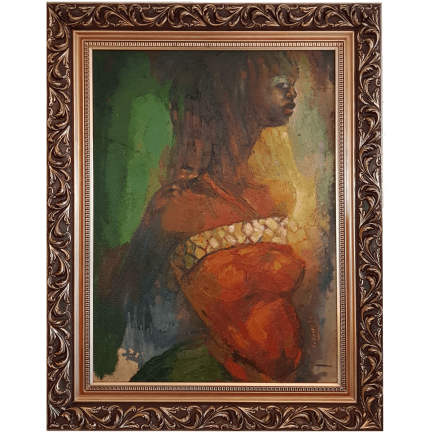
 No products in the basket.
No products in the basket.